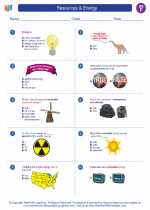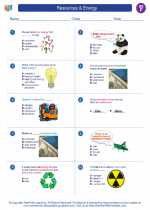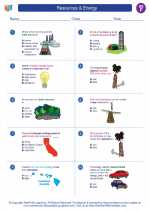What is Media?
Media refers to the various means of communication, such as television, radio, newspapers, magazines, and the internet, that reach or influence people widely. It plays a crucial role in shaping public opinion, disseminating information, and influencing social, political, and cultural trends.
Types of Media
There are several types of media, including:
- Print Media: This includes newspapers, magazines, and newsletters.
- Broadcast Media: This includes television and radio.
- Digital Media: This includes websites, social media, blogs, podcasts, and online news outlets.
- Social Media: Platforms such as Facebook, Twitter, Instagram, and LinkedIn that allow users to create and share content.
- Outdoor Media: This includes billboards, posters, and signs.
Role of Media in Society
Media plays a significant role in society, including:
- Informing the public about current events and news.
- Shaping public opinion and influencing public policy.
- Entertaining and engaging audiences through various forms of content.
- Promoting cultural exchange and understanding.
- Facilitating communication and dialogue between individuals and communities.
Media Literacy
Media literacy refers to the ability to access, analyze, evaluate, and create media. It involves understanding how media messages are constructed and learning to critically interpret and assess the information presented in various forms of media.
Study Guide
Here are some key concepts and questions to help you study the topic of media:
- What are the different types of media and how do they influence society?
- How does media shape public opinion and influence public policy?
- What is the role of media in promoting cultural exchange and understanding?
- Why is media literacy important in today's digital age?
- Discuss the impact of social media on communication and information sharing.
Understanding the role and impact of media in society is crucial for being an informed and responsible citizen in the modern world.
[Media] Related Worksheets and Study Guides:
.◂Social Studies Worksheets and Study Guides Sixth Grade. Resources & Energy

 Worksheet/Answer key
Worksheet/Answer key
 Worksheet/Answer key
Worksheet/Answer key
 Worksheet/Answer key
Worksheet/Answer key
